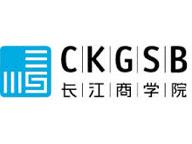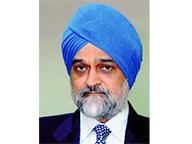Faculty News
—
Prof. Anindya Ghose on the challenges crowdfunded companies face
—

Excerpt from BBC -- "People have been able to raise the amount that they wanted to raise, but they falter on the actual delivery. On issues like packaging, on issues like fulfilling the actual amount of orders."
Faculty News
—

Excerpt from BBC -- "People have been able to raise the amount that they wanted to raise, but they falter on the actual delivery. On issues like packaging, on issues like fulfilling the actual amount of orders."
























